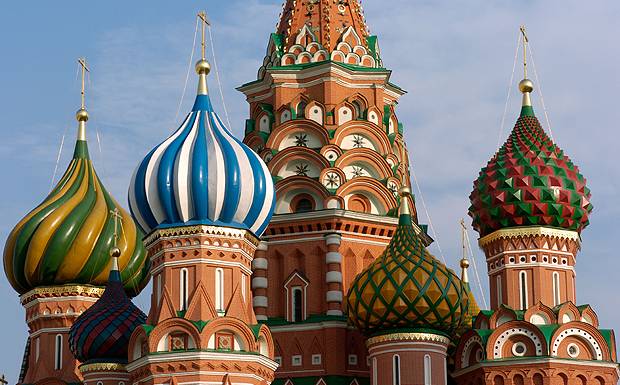There have been news reports about Russian Finance Ministry proposing new laws against the use of bitcoin and other virtual currencies in the country. A draft submitted by Russia’s Finance Ministry last year called for a prison sentence of up to 4 years and penalties for those who exchange bitcoin to ruble. Now, the latest reports from media sources inside the country states that the Interior Ministry has made changes to the Criminal Code to include punishment for those who ‘issue’ bitcoin.
The new modifications to the country’s criminal code makes ‘issuing’ bitcoin a criminal offence which carries a prison term of up to 2 years along with a monetary penalty of 500,000 rubles. The term ‘issue of digital currency’ is vague and it is not sure whether this law is applicable to Bitcoin miners or exchange that sell bitcoin. It is also not clear whether the modifications to criminal code is a result of last year’s finance ministry’s draft or independent of it.
The proposal made by Russian Finance Ministry last year held only those who exchanged bitcoin to ruble liable. It did not clarify whether possession of bitcoin is also deemed illegal or not. At that time, it was widely interpreted that bitcoin by itself is not illegal in the country until the point where it is exchanged to national legal tender.
The recent amendment to criminal code was first reported by Russia’s leading newspaper – Rossiyskaya Gazeta. According to the newspaper, digital currency in Russia already make up for close to 1 percent of the country’s GDP. Russian government fear that if the alternate economy created by bitcoin and other virtual currencies reach 10 percent of the GDP the whole country’s economy will collapse.
The newspaper also refers to recent developments in the European Union, especially about the attempts currently underway to either ban or impose regulations on bitcoin and bitcoin based companies.
All these things makes one wonder whether bitcoin is deliberately singled out to ensure that it doesn’t threaten the interests of existing banks and financial institutions with deep pockets.



